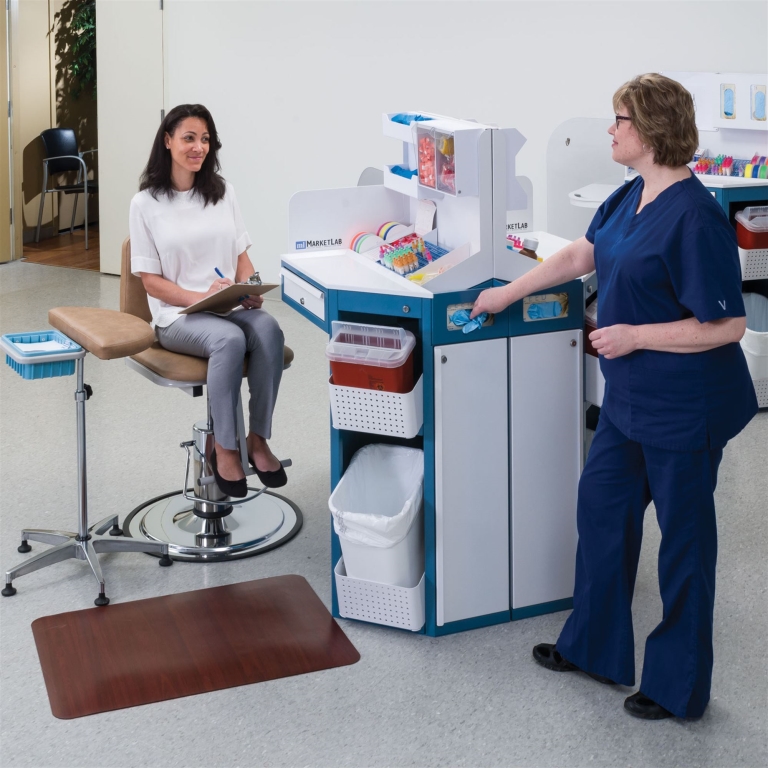Unlocking Phlebotomy Pay: How Much Do Phlebotomists Earn Per Hour?
Are you considering a career in phlebotomy or curious about how much phlebotomists earn per hour? This guide explores the average pay, factors affecting earnings, benefits of the profession, and practical tips to help you maximize your income in this vital healthcare role. Let’s dive into the details!
Understanding Phlebotomy
Phlebotomy is the practice of drawing blood for clinical or medical testing, transfusions, research, or blood donations. Phlebotomists play a crucial role in patient care and diagnostic processes, making their work indispensable in the healthcare field.
How Much Do Phlebotomists Earn Per Hour?
The average hourly wage for phlebotomists can vary considerably based on numerous factors such as location, experience, and the specific healthcare setting.According to the U.S. Bureau of Labour Statistics, the median hourly wage for phlebotomists in the United states is approximately $18.13.
| Experience Level | Hourly Wage (USD) |
|---|---|
| Entry-Level | $14.00 – $16.00 |
| Mid-Career | $16.00 - $20.00 |
| Experienced | $20.00 – $25.00 |
| Specialized Roles | $25.00+ |
Factors Influencing Phlebotomist Pay
Several key factors can impact how much phlebotomists earn, including:
- Location: Pay rates vary depending on the region.as a notable example, urban areas typically offer higher salaries than rural sectors.
- Experience: As with many professions, the longer you work as a phlebotomist, the more you can expect to earn.
- Healthcare Setting: Working in hospitals, laboratories, or physician’s offices can lead to different compensation levels.
- Certification: Being certified by recognized bodies such as the National Healthcareer Association (NHA) or the American Society for Clinical Pathology (ASCP) can enhance your earning potential.
- Shift Differentials: Night shifts or weekend shifts may come with additional pay incentives.
Phlebotomy Benefits and Career Opportunities
Beyond competitive pay, a career in phlebotomy offers numerous benefits:
- Job Stability: The demand for phlebotomists is expected to grow by 22% from 2020 to 2030, according to the Bureau of Labor Statistics.
- Flexible Hours: Many phlebotomy jobs offer flexible working hours, ideal for balancing work and personal life.
- Skill Growth: Phlebotomists acquire technical skills that are transferable to other roles in healthcare.
- Professional Growth: Opportunities for advancement exist in specialized areas such as laboratory management or medical equipment sales.
Practical Tips to Maximize Your Phlebotomist Salary
If your keen on increasing your hourly pay as a phlebotomist, consider the following strategies:
- Continue Your Education: Additional certifications or courses can improve your qualifications and make you eligible for higher-paying roles.
- Gain Experience: The more you practice, the more skilled you become, which frequently enough correlates with higher pay.
- Network: Building connections within the healthcare community can lead to job opportunities that might offer better pay.
- Negotiate: Don’t hesitate to negotiate your salary when offered a position; research industry standards to support your case.
Case Studies: Phlebotomist Pay in Different Settings
Understanding pay differences across various employment settings can provide further insight into potential earnings. Here are a few examples:
| Employment Setting | Average hourly Wage (USD) |
|---|---|
| Hospitals | $19.50 |
| Laboratories | $18.75 |
| Private Practices | $17.00 |
| Blood Donation Centers | $20.00 |
First-Hand Experiences from Phlebotomists
To provide a well-rounded viewpoint, we interviewed several phlebotomists about their experiences:
“Working as a phlebotomist in a hospital is a fast-paced environment that keeps you on your toes. The pay is good, especially with overtime options.” – Sarah, 4 years of experience
“I really enjoy the client interaction and knowing I play a role in their health. I earned more when I got certified, which made a significant difference.” – james, 2 years of experience
Conclusion
a career in phlebotomy can be both rewarding and financially beneficial. With an average hourly wage of around $18.13, various factors can influence this pay, including experience, location, and certification. By following the practical tips outlined, aspiring phlebotomists can enhance their skills and increase their earning potential. If you’re interested in making a mark in the healthcare field, phlebotomy might just be the right path for you!
